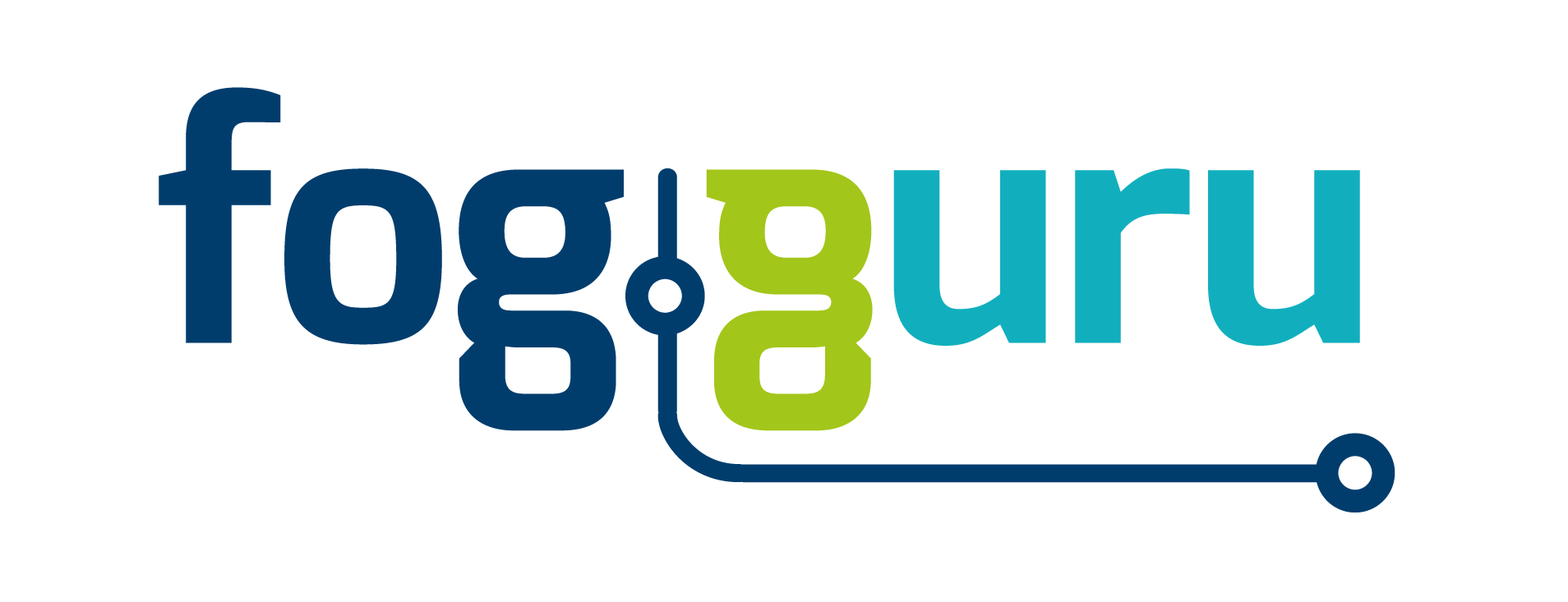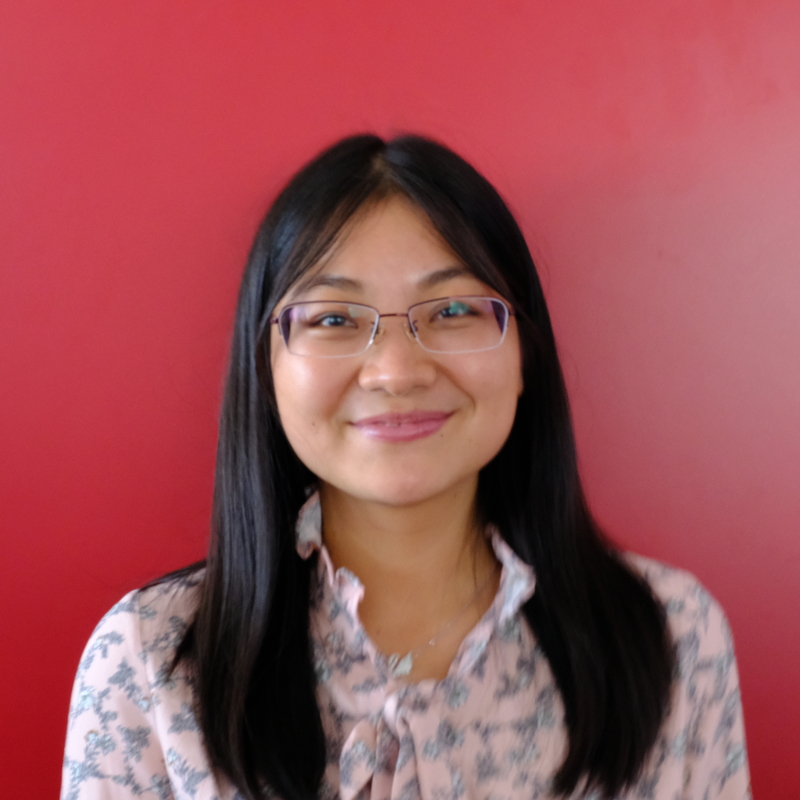Lilly, can you tell us about what you did before being recruited in FogGuru? What is your academic background?
“I completed my Bachelor of Science in Telecommunication Engineering in 2012 and received my Master of Signal Processing in Information and Communication Engineering from Southeast University – which is top 12 in China – in April 2015.
“Then, I worked with IBM as a Site Reliability Engineer in the Cloud Platform (May 2016 – September 2018), where I was responsible for the maintaining and operations of the container/Kubernetes Service. My work involved applying a sound knowledge of Docker, Kubernetes, OpenStack, Linux, database, network, to troubleshoot large-scale cloud systems, developing cloud-based services with agile methodologies and platform deployment of services/applications with automation tools like Ansible and Jenkins, and designing and implementing monitoring system for failure detection. Prior to this position, I was an IBM Software Developer in the Cloud Infrastructure (May 2015 – May 2016).”
Why did you choose to apply to a FogGuru’s position and what is your PhD subject?
“The research topic provided by FogGuru is attractive to me. I was already quite familiar with the research, as it precisely corresponds to my previous work experience and my interests. Moreover, the FogGuru project provides three different types (academic, industrial and practical) of research environments which would greatly benefit the research.”
“I believe this FogGuru position will not only consolidate my theoretical knowledge in computer science, especially cloud/fog computing and data science, but also enrich my research experience.”
“My PhD research topic is Autonomous management optimization based on online anomaly detection. The objective is to extend the state of the art of data analytics and machine learning techniques to analyze vast amounts of monitoring data. This will help in identifying performance and functional anomalies as well as the identification of the root causes and the remediation. Moreover, applying the results of online anomaly detection may also enable resource management optimization. I am supervised by Erik Elmroth and Odej Kao.”
What are you planning to do after obtaining your PhD?
“After obtaining my PhD degree, I will continue my research in depth, especially on autonomous system and data science to accomplish my long-term goal of becoming a university professor, where I will be able to continue my research while teaching others and focus on more in-depth and innovative research within a favorable university environment. I have a desire to focus my research on applying data science to cloud/fog computing as well as autonomous system, at the same time, enhancing my knowledge and research techniques.”



